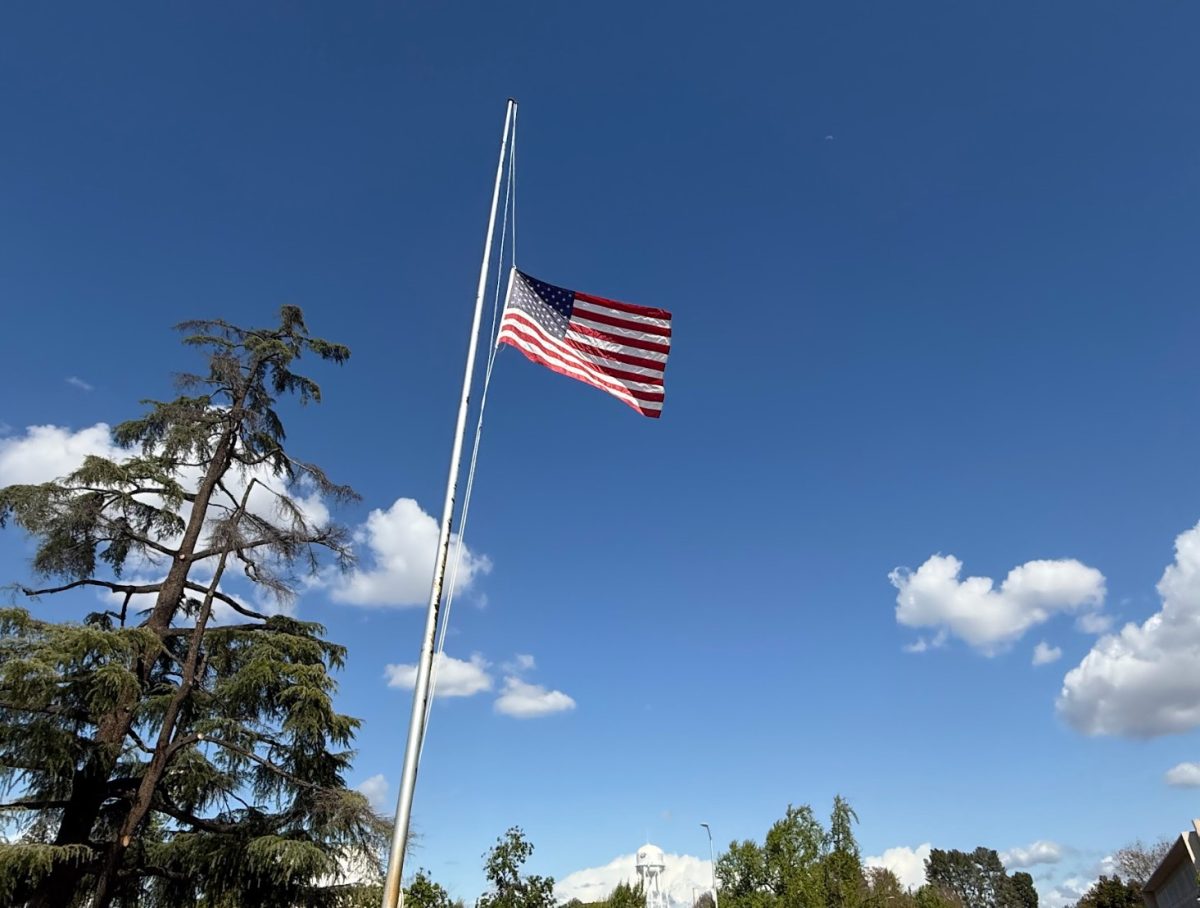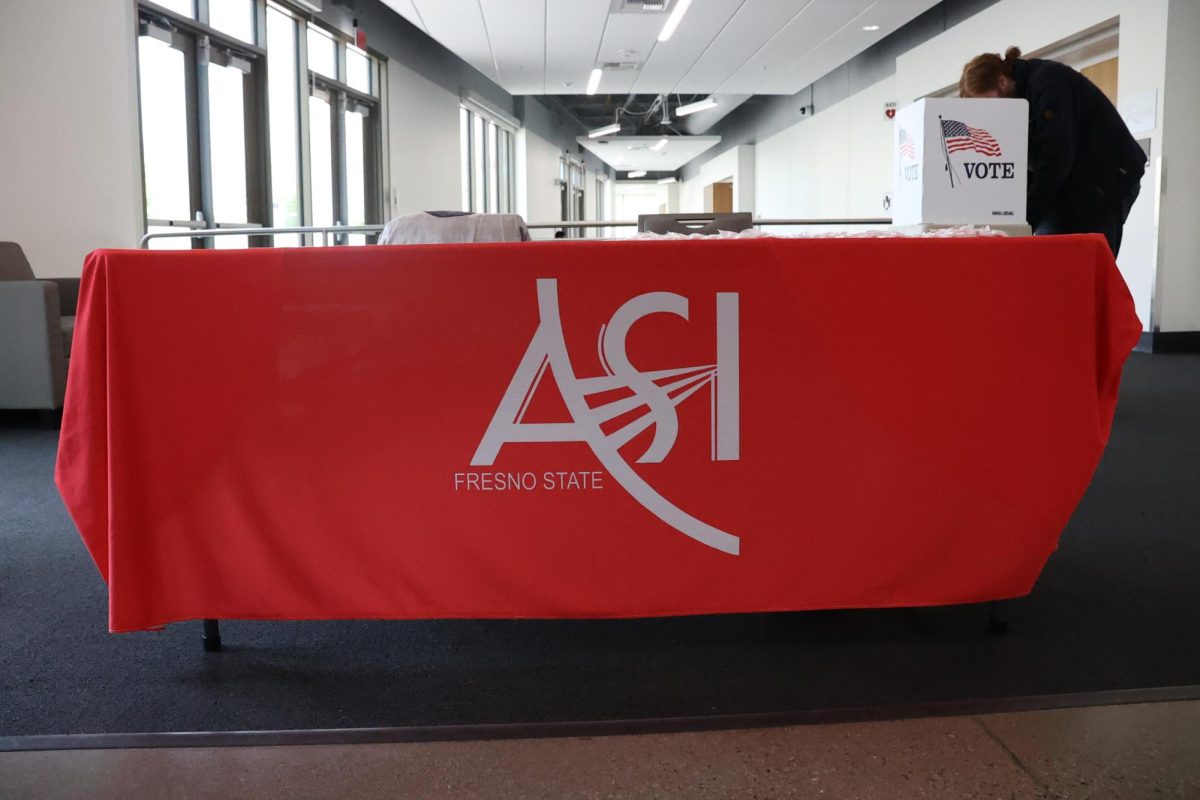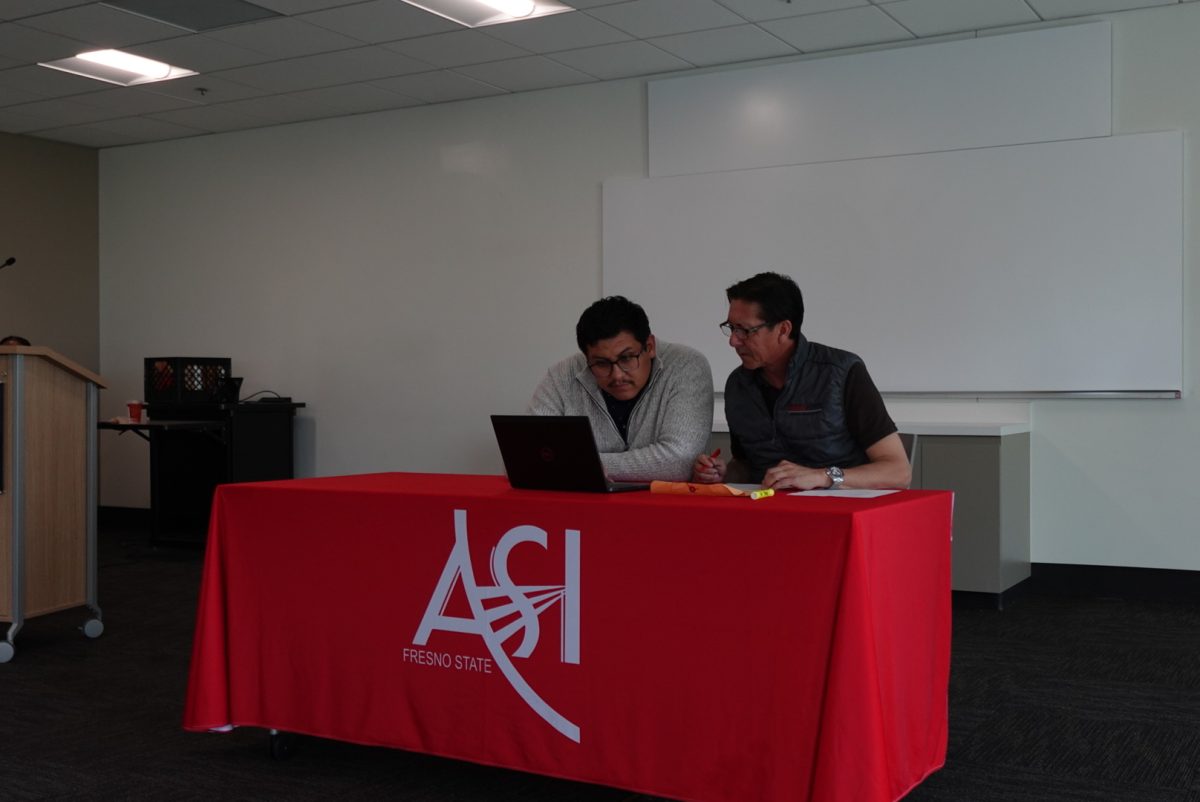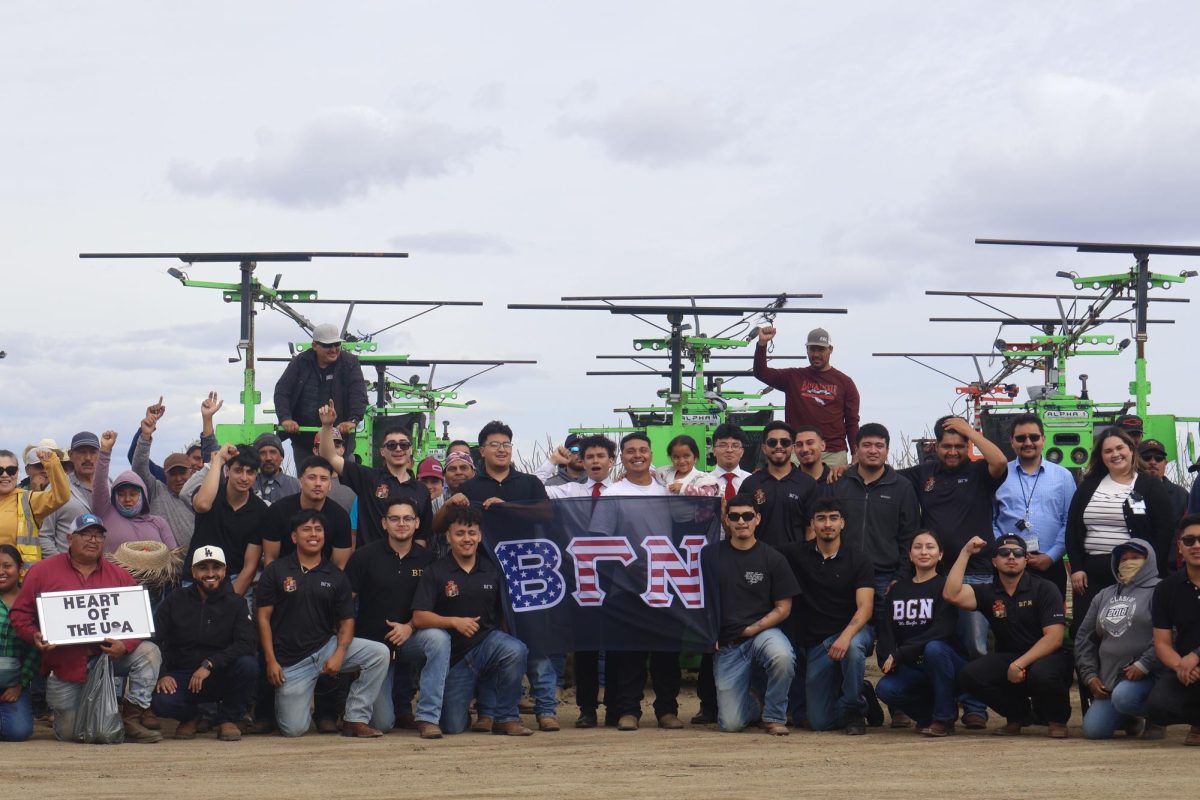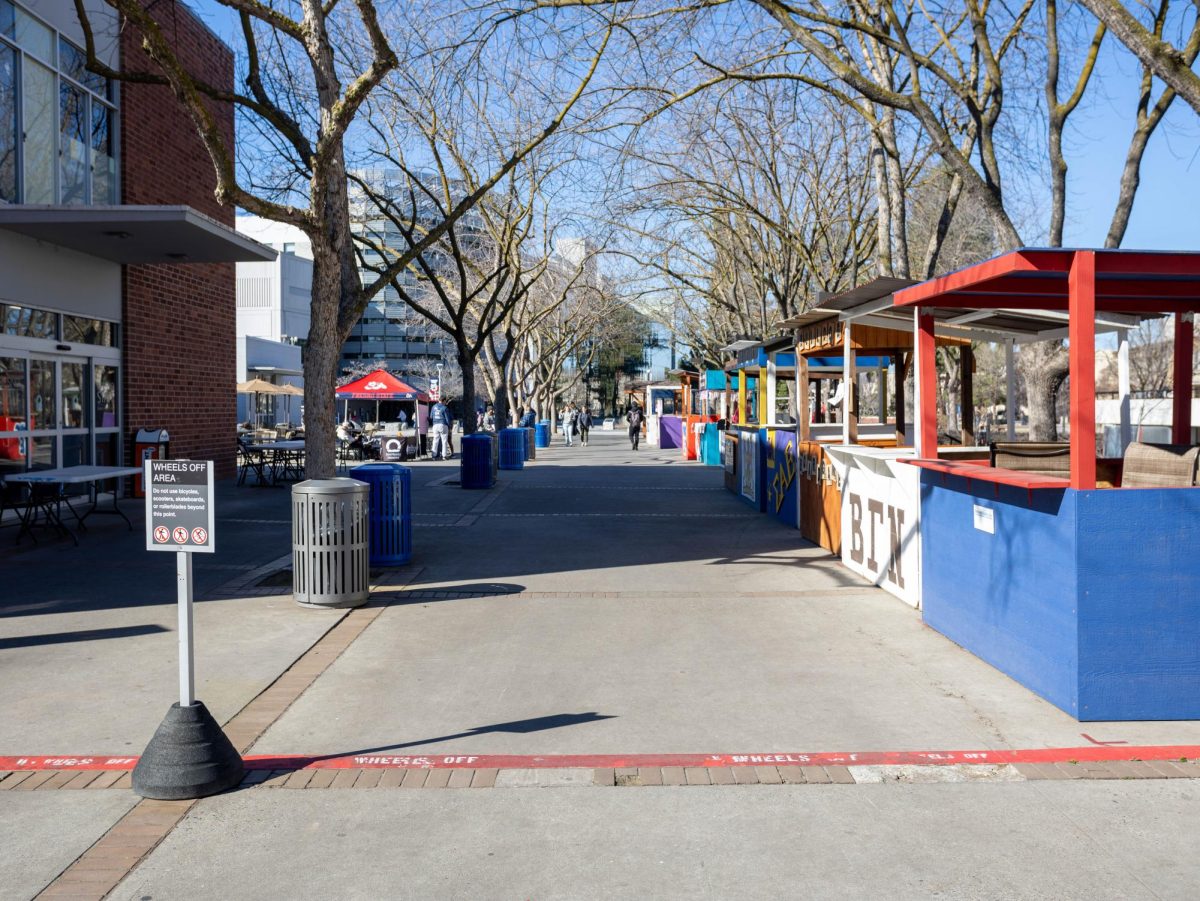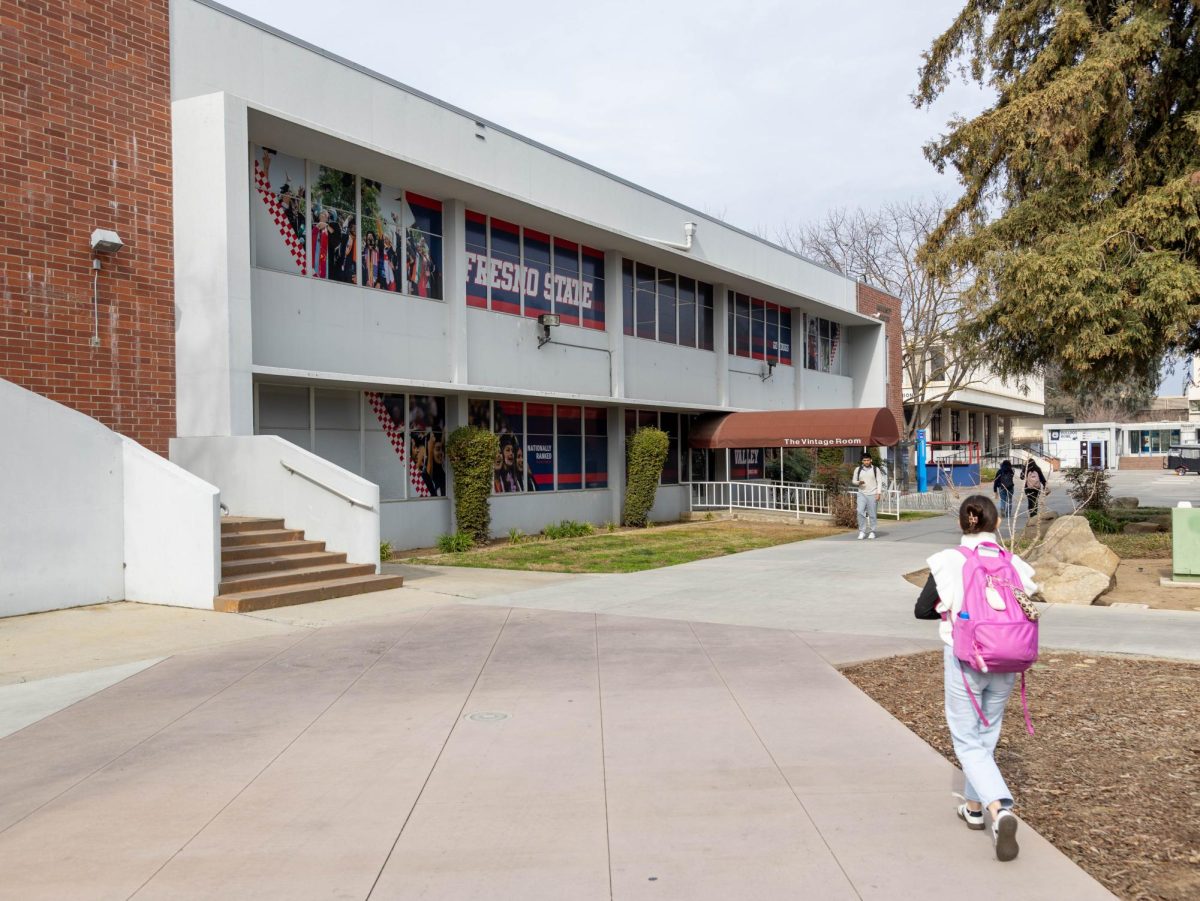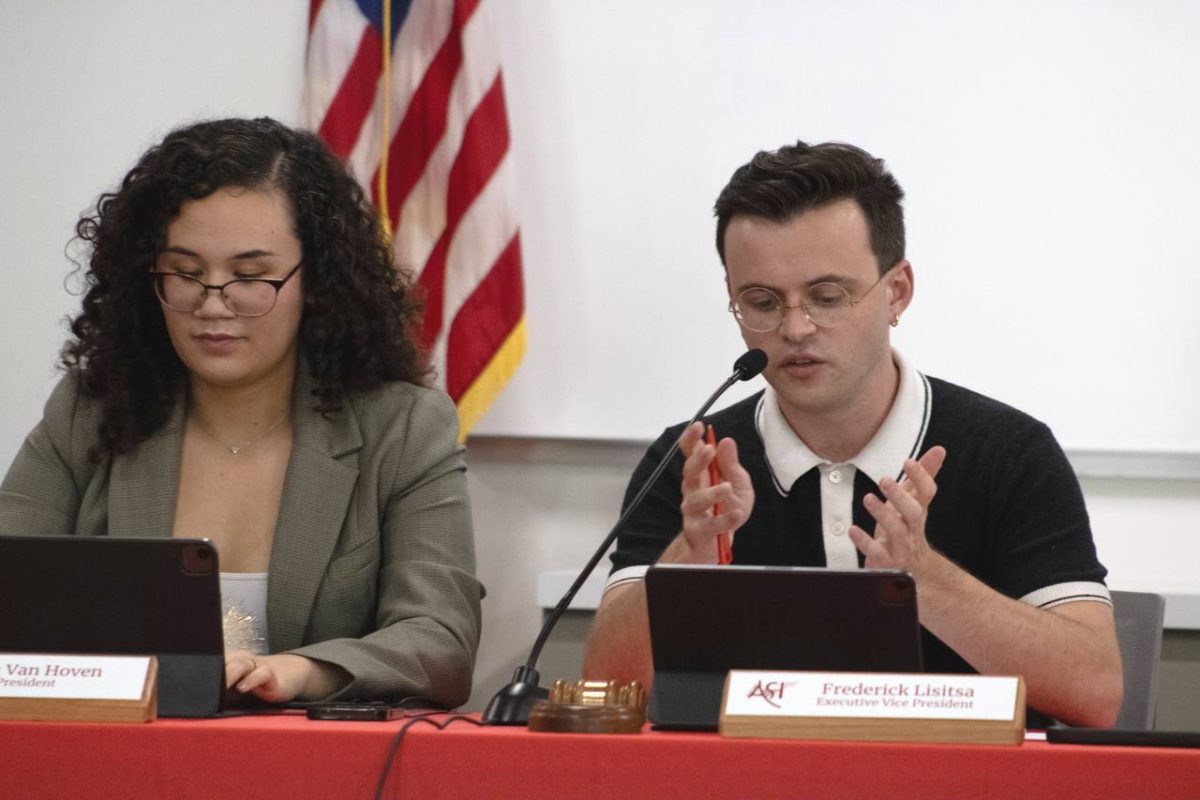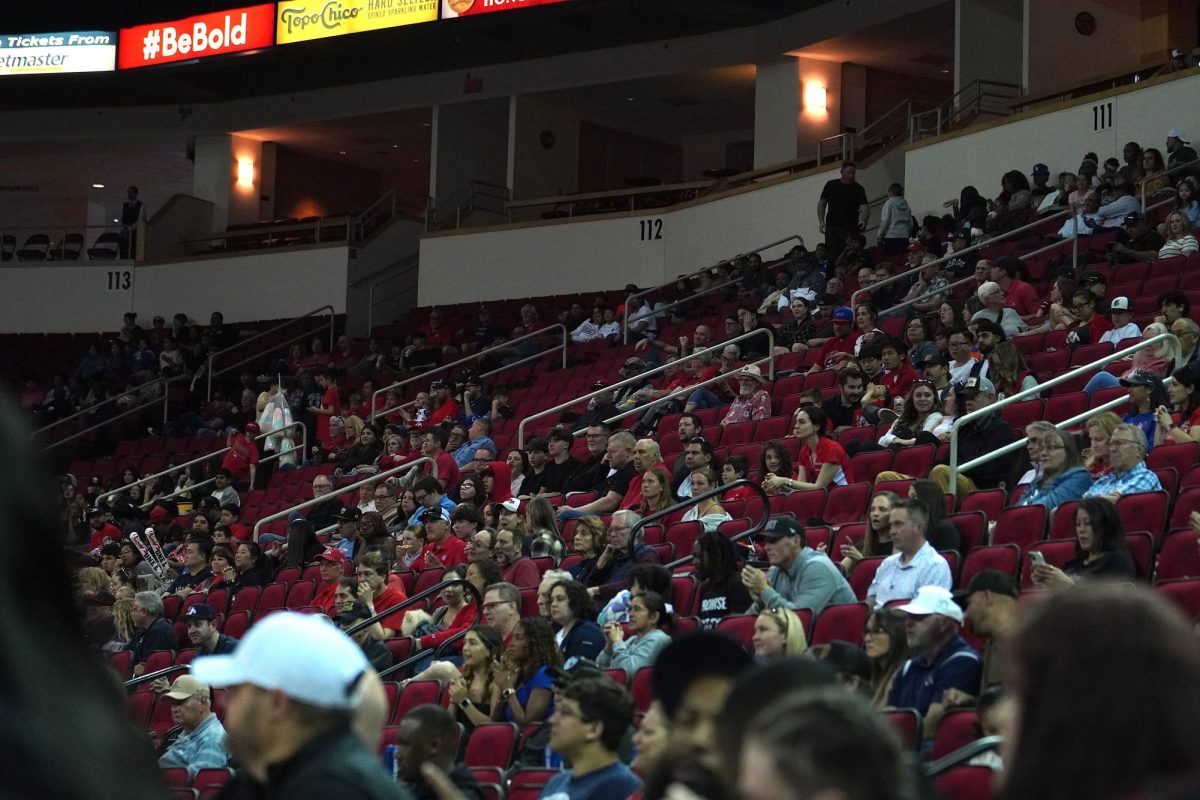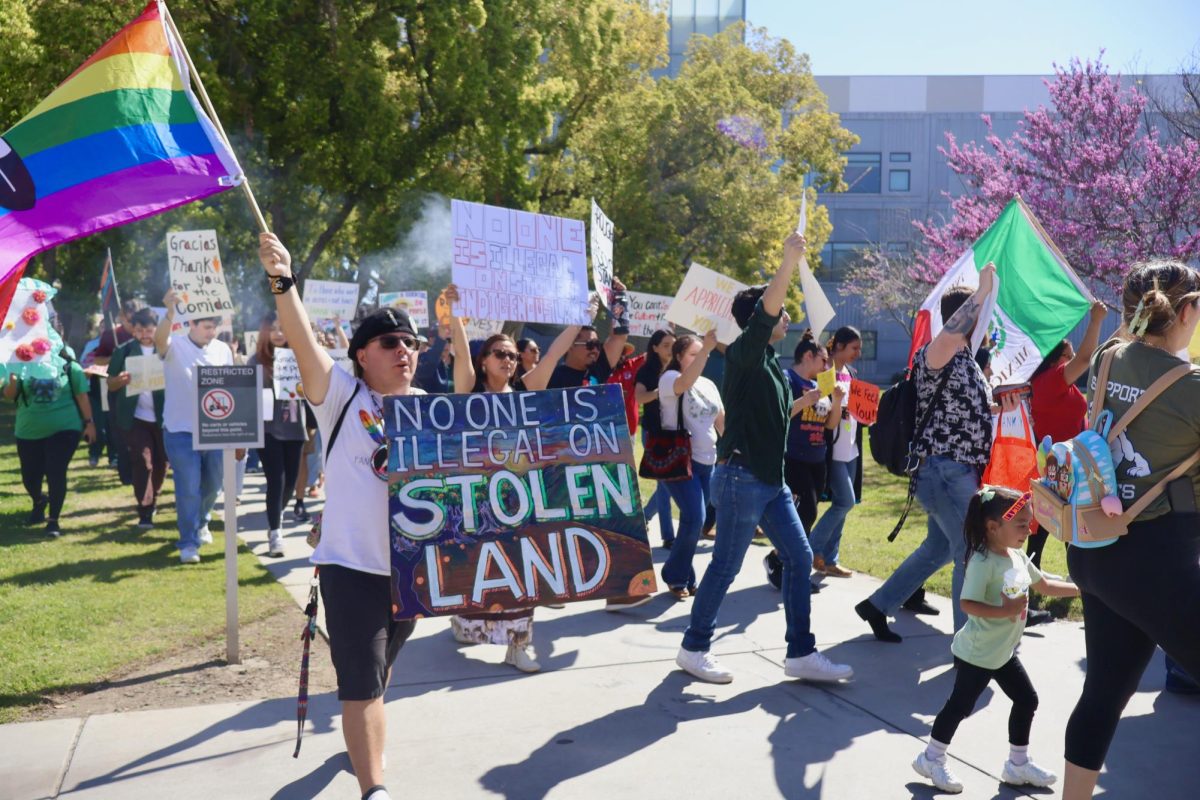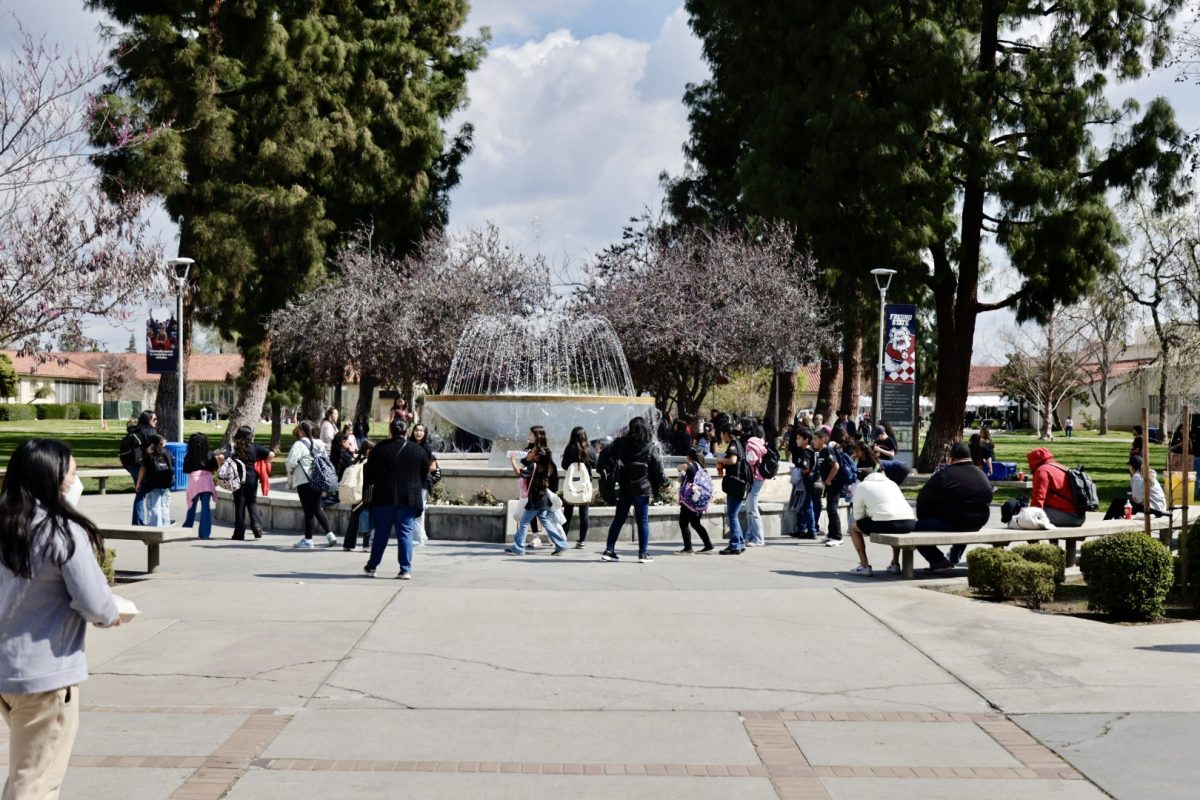On March 24 Fresno lost a community advocate, mentor and social and educational champion in Manuel Perez.
He was 95 and passed away in his home, surrounded by his family. Manuel Perez left behind six children, 15 grand-children, 12 great grandchildren and one great-great grandchild.
Perez was a Roosevelt High School graduate and studied at Fresno State and Fresno City College until he was drafted during the Korean War in 1951. While serving, he led the 29th Infantry Hoopsters in the Army Basketball League where he played exhibition matches to boost troop morale.
Perez carried his early love of basketball throughout his entire life as he would go onto referee local high school and college games.
When he returned to Fresno in 1953, Perez married his wife Theresa Perez and the two dedicated the rest of their lives to social justice in their community.
He subsequently resumed and completed his studies of science in criminology at Fresno State, where he was one of five Latino students at the time.
In 1955, Perez graduated and began working as a probation officer for Fresno County, where he sought to equalize the justice system. He would then also shift focus on building more educational opportunities for Chicano students as he was brought on as the Educational Opportunity Program (EOP) director for Fresno State in 1971.
“Manuel brought stability to the program,” said Frances Peña-Olgín in a statement to Fresno State. “Under his leadership, EOP increased higher education accessibility for all underrepresented students, a mission that thrives to this day.”
Peña-Olgín was hired by Perez to serve as director of University Outreach Services as he oversaw the department’s creation in 1987.
With Perez and Peña-Olgín, enrollment at the university grew to over 24,000 students; efforts that were even more extraordinary as the turmoils of the Vietnam War loomed large in the U.S.
“He had leadership skills,” said Vivian Franco, who also worked with Perez during his time in EOP. “He had a quiet, very subtle kind of demeanor that fit the times. A soft spoken kind of an individual, but yet, he presented the type of leadership skill and the demeanor and composure and the understanding of the conflict that was going on in our institutions.”
Franco served as associate dean of Academic Affairs for the California State University system (CSU) and director emerita of Admissions and Records at Fresno State.
Through the years she said Perez was consistently a trailblazer that pushed the boundaries of how federal programs could be used to best serve the community.
He started the summer bridge program, an initiative that took first-generation college students and gave them a firsthand experience on what collegiate classes would look like, so that they’d be better equipped.
Perez also secured federal funding and the support of the United States Department of Agriculture to provide meal services as well as housing for students that took part of the program, a model that has been replicated across the CSU system.
He bridged the gap between students and the administrative side of higher education.
“He was out there in the field,” Franco said. “He was visiting schools. He was talking to parents. And when you take a genuine interest in people as individuals, they remember you and he changed their lives. Not only that, he created a legacy of continued success for these students and their children.”
She also recalled deep knowledge of the struggles that Chicano students and families faced.
“I don’t think anybody can remember him ever raising his voice, but he lived the life of a disadvantaged background,” Franco said. “But yet he was able to overcome that and keep his focus on going to college. And even though his college studies were interrupted by the service, he came back and finished his degree.”
When Perez retired from Fresno State in 1994, there was no other university in the country with as many federal student service programs.
He remained a clear advocate for those who otherwise may have gone unheard.
“Manuel Pérez emerged as a giant in the [movement]on campus, the community and in life,” said Manuel Olgín, president of the Chicano Alumni Club, in a statement to Fresno State. “He advocated not only for students, but for staff to have a chance to professionally advance and become leaders and role models in the community in their own right.”
Throughout his life, Perez participated in numerous political campaigns, always advocating for more Latino involvement in these processes.
Locally, he was involved in the campaigns of Lionel Alvarado, George Acuna and many more. Perez was the only Latino appointed to Governor Jerry Brown’s State Social Service Board in 1982. He also campaigned on the national level for Jimmy Carter and Walter Mondale.
His work spans multiple programs and organizations including some that he’s had a hand in founding or co-founding.
Some of those programs include:
Advisory Board member of the College Assistance Migrant Program
A member of the Chicano Staff Organization
Chicano Faculty Association at California State University, Fullerton
The National Association of Student Personnel Administrators
Hispanic Caucus of the American Association for Higher Education
An Advisory Board member of the Fresno Metropolitan Ministry
A Board member of the Fresno National Hispanic Scholarship Fund
Founding Board member of Arte Americas
Founding member of the Guadalupano Society of St. Therese
A member of the Knights of Columbus
In honor of his memory, University President Saúl Jiménez-Sandoval ordered all U.S. and California state flags on campus be held at half-staff from sunrise to sunset on April 4, the day of Perez’s funeral.
“He was a warrior for the underrepresented,” Franco said. “He was a warrior for change. He was a warrior for his family and for his community.”




